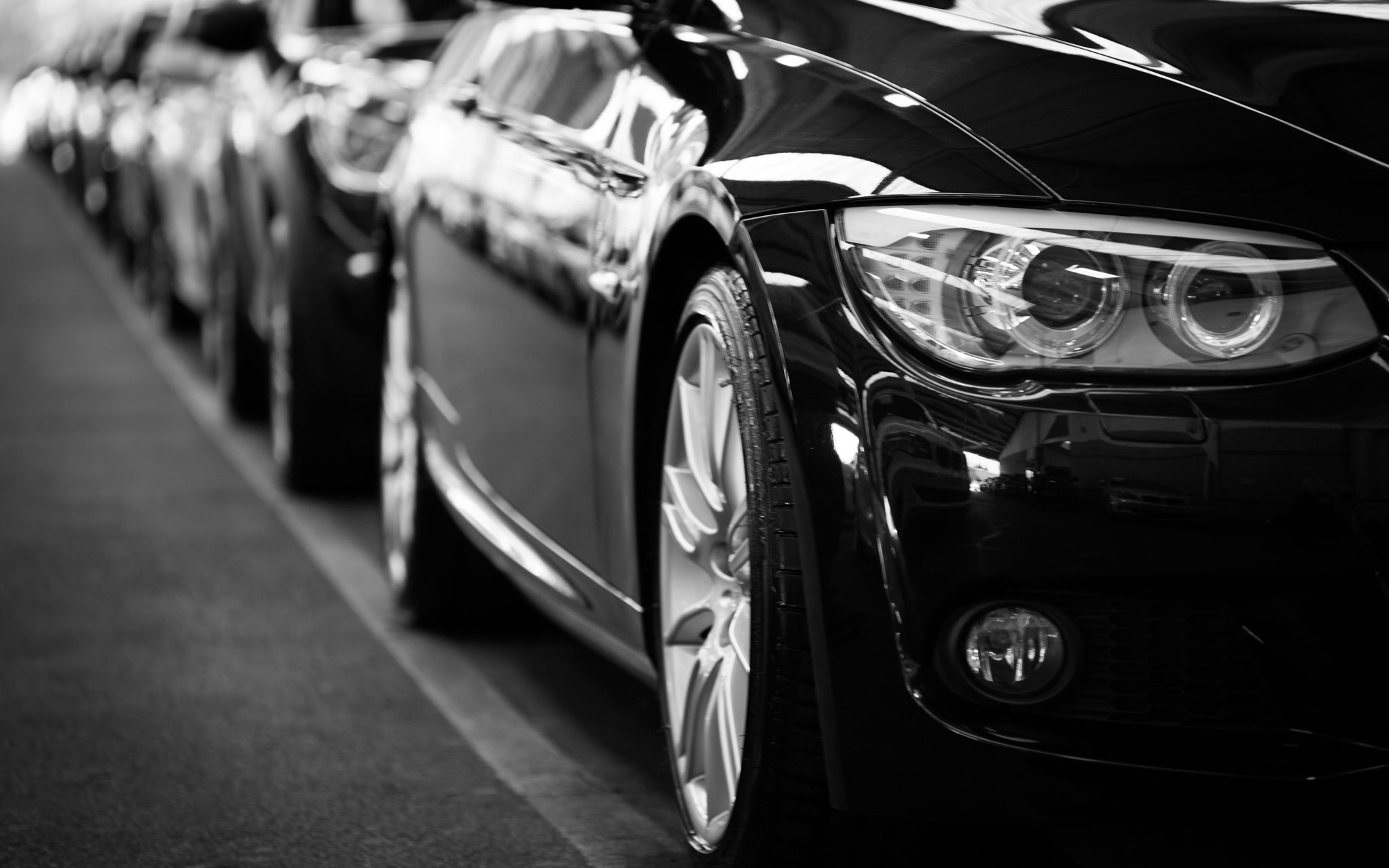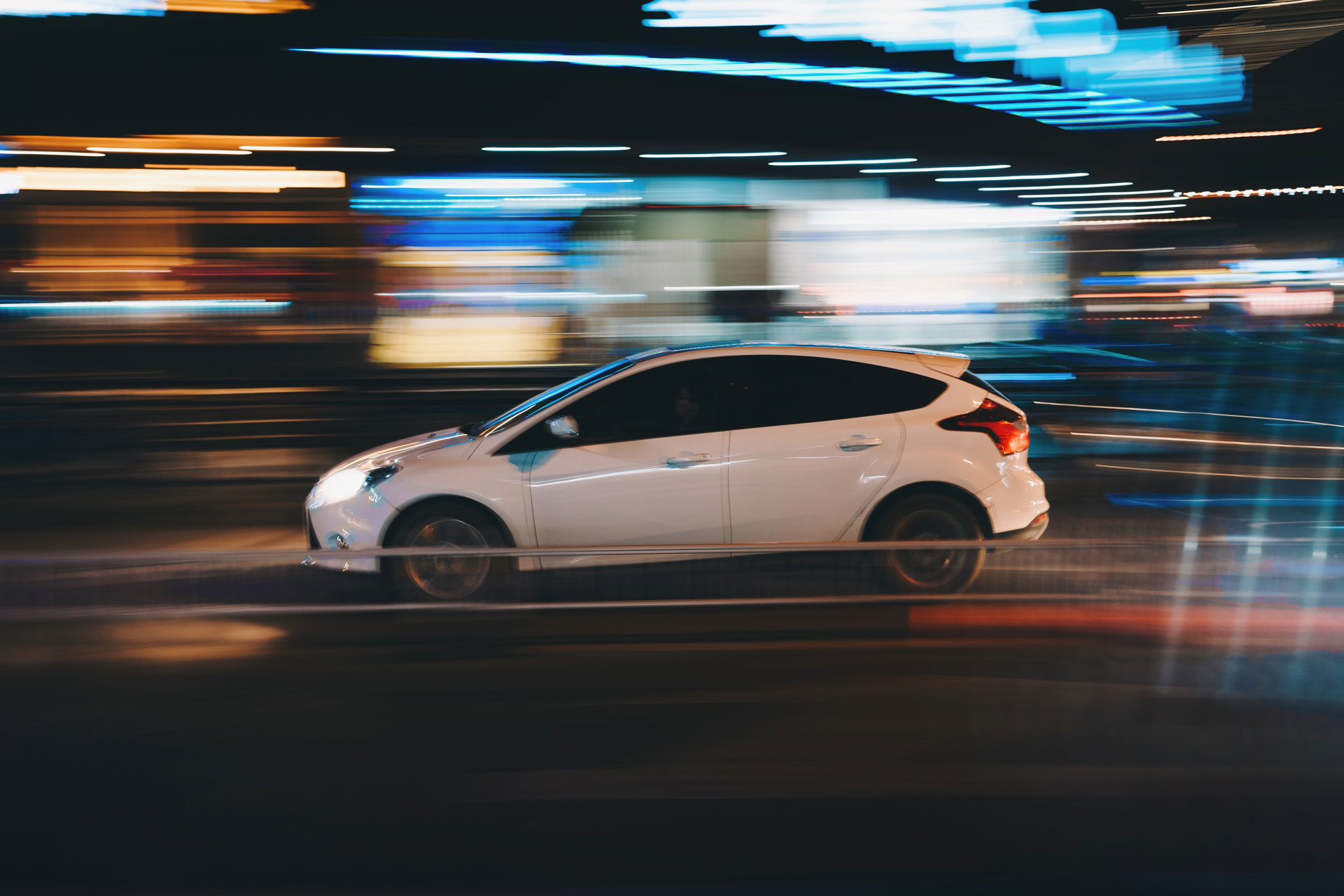The New Car Advantage: When and Why to Choose New Over Used
In the automotive marketplace, the debate between buying new vs. used cars has been a prevalent discussion point ever since the invention of the automobile. While used cars offer the benefit of cost savings, there are compelling reasons to consider buying new. In certain circumstances, the benefits of new cars over pre-owned ones are clear and distinct.
Cutting-Edge Technology and Features
New cars typically have the latest technology, safety features, and comfort enhancements. If you’re someone who values having the latest features, such as advanced driver assistance systems (ADAS), connectivity options, or fuel-efficiency technologies, a new car may be the best fit for you.
Full Warranty Coverage
New cars come with a manufacturer’s warranty, usually covering major repairs for a certain period or kilometres. This warranty offers peace of mind as you won’t have to worry about unexpected repair costs for a significant period after your purchase. On the contrary, used cars often come with limited or no warranty.
More Financing Options and Lower Interest Rates
Dealerships and manufacturers often offer more attractive financing options and lower interest rates for new cars compared to used ones. In some cases, the total amount you’d pay in interest on a used car loan may make a new car a more cost-effective choice.

Better Fuel Efficiency and Lower Emissions
Over time, cars are becoming more fuel-efficient and eco-friendly. Generally speaking, a new car is likely to have better fuel efficiency than a used car from a few years ago, which can lead to significant savings on fuel costs over time. If you’re conscious about your carbon footprint, a new car typically emits less CO2 than its older counterparts.
Reduced Maintenance and Repair Costs
Used cars, particularly older models, may require more frequent maintenance and repair, which can add up in costs. With a new car, you can expect fewer issues related to wear and tear, at least for the first few years.
No History of Abuse or Neglect
When you buy a new car, you know it hasn’t been mistreated or improperly maintained. However, with used cars, even if you have a vehicle history report, there can still be hidden issues that weren’t reported or properly documented.
When Should You Choose a New Car?
Deciding between a new and used car ultimately depends on your personal needs and circumstances. Here are some situations where a new car could be the preferable choice:
- You plan to keep the car for a long time: If you intend to drive the vehicle for many years, a new car can be a good investment. You’ll be able to maintain it according to your standards from the start, which can extend its lifespan.
- You need a reliable vehicle with minimal maintenance: If you rely heavily on your car and cannot afford unexpected repairs or downtime, a new car’s reliability and warranty coverage can be crucial.
- You want a specific make, model, or features: If you have very particular requirements or desires for your vehicle that are only available in the latest models, a new car is the way to go.
The Used Car Advantage: When and Why to Choose Used Over New
While there are compelling arguments for buying a new car, choosing a used car can also be a wise and beneficial decision. The decision to buy a used car rather than a new one brings its own unique set of advantages.
Less Depreciation
New cars lose a significant portion of their value within the first year of ownership – as much as 20-30%. Buying a used car, especially a ‘nearly-new’ one-year-old vehicle, allows you to avoid this steep initial depreciation hit.
Lower Insurance Costs
Used cars typically have lower insurance premiums compared to new ones. This is because the vehicle’s value, one of the main factors determining insurance costs, is significantly lower for used cars.
More Car for Your Money
Choosing used often means you can afford a higher-tier car model with more features than you could if buying new. This is a great option if you want luxury features without paying the premium that comes with a new luxury car.
Verified History Reports
With services like Dekra and the AA, buyers can access comprehensive vehicle history reports and inspections, offering some peace of mind when buying used. These reports can provide information about accidents, maintenance, ownership transfers, and more.

Certified Pre-Owned Programs
Many manufacturers offer Certified Pre-Owned (CPO) programs for used cars, ensuring they meet specific mechanical and cosmetic standards. CPO cars often come with extended warranties, offering some of the benefits of buying new at a reduced cost.
When Should You Choose a Used Car?
The decision to opt for a used car rather than a new one depends on your individual circumstances and preferences. Here are some situations where a used car might be a better choice:
- You’re on a tight budget: If you have limited funds, buying a used car can save you money not only on the purchase price but also on insurance and registration costs.
- You want a specific older model: Some car models are no longer in production, or certain features you desire may have been discontinued in newer versions. In these cases, buying used allows you to get exactly what you want.
- You’re a new driver: If you’re learning or not very confident about your driving, a used car could be a better option. It’s less heartbreaking to get a scratch or dent on a used car than a brand-new one.
Food For Thought
What are the financial benefits of buying a used car over a new car, when both are priced at the same figure, like R200,000?
Buying a used car at the same price point as a new car may seem counterintuitive at first, but it can indeed offer some financial benefits. Here are some factors to consider:
Depreciation
Cars depreciate over time, and new cars depreciate the fastest within the first year of ownership. If you buy a new car for R200,000, it could lose a significant part of its value (20-30%) within the first year. On the other hand, a used car that costs R200,000 has already gone through the initial rapid depreciation phase, so its value will likely decrease at a slower rate. This means that if you decide to sell the car in a few years, you could potentially get a larger portion of your initial investment back with the used car than with the new one.
Insurance Costs
Insurance premiums are usually based on the value of the car. Although both cars cost the same amount in this scenario, insurance companies often charge higher premiums for new cars because they would be more expensive to replace. This means that despite having the same purchase price, the used car could still cost less to insure, leading to ongoing savings.
More Car for Your Money
If you’re buying a used car for R200,000, you might be getting a higher-end model with more features compared to a new car at the same price point. This not only provides added comfort and convenience but could also lead to higher resale value in the future.
Less Stress
While not strictly a financial benefit, it’s worth noting that used cars can be less stressful to own. With a new car, there’s often the worry about getting that first scratch or dent. In contrast, used cars usually have some wear and tear, so a few additional minor cosmetic damages may not affect the car’s value as significantly.
While these advantages can be compelling, remember to always thoroughly inspect a used car or have it checked by a trusted mechanic before purchase. The used car market can be tricky to navigate, and the last thing you want is to buy a car with hidden issues that could end up costing you more in repairs.




Comment